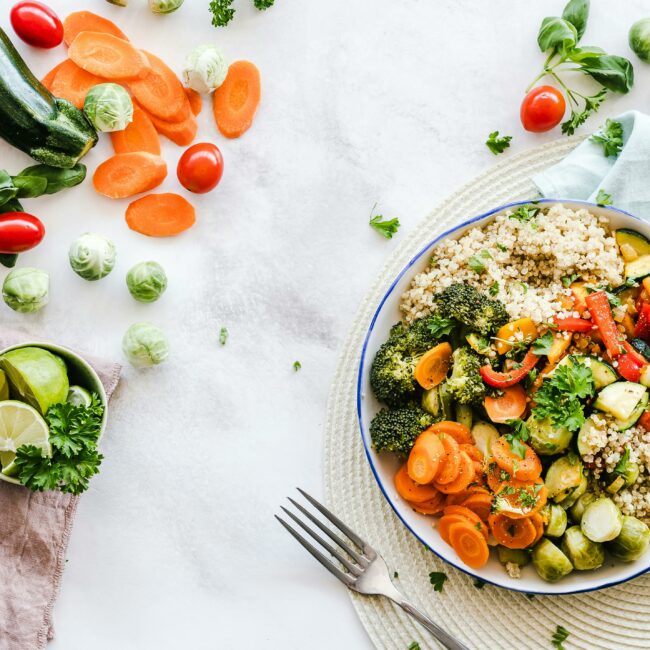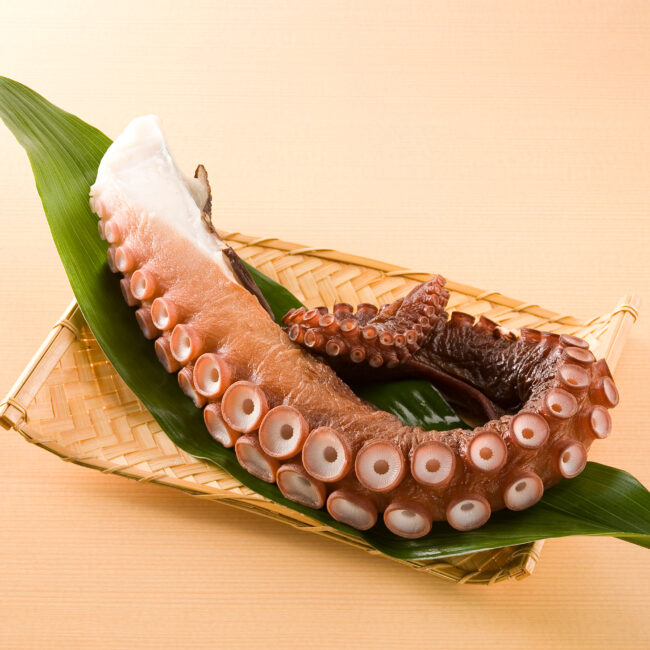With the development of the circular economy, recycling practices and valorisation of by-products are on the rise. They make it possible to limit the waste generated. The interest of such practices is not only ecological but also economical. Companies or even privates may find it useful to use products that they were previously trying to get rid of. There are two traditionnal ways to treat organic waste: composting or methanisation. While composting is used for compost or mulching for farming, methane fermentation produces biogas, a source of energy and fertilizer. Other alternatives are gaining ground to invest in new ways of valorisation specific to each type of organic waste.
Spotlight on carrot pulp flour
A group of students from the Danish University DTU has tailored a solution for Greens Engros to reuse by-products of its juices and preparations from carrots. Some parts of the carrot or the residual pulp were until now considered as bio-waste at the company’s expense. These future engineers have thought of transforming these residues into powder that can be incorporated into flour. Carrot pulp flour can contain up to 35% of this powder and can be used in traditional cooking. The texture of carrot flour bread is identical, with the advantage of being enriched with beta-carotene (vitamin A) and with this hint of carrot in the mouth.
A new ingredient for veggie formulations
The market of meat-alternatives products is booming. Omnivores curious about new culinary experiences, flexitarians, vegetarians or vegans… all are potential buyers of vegetable flour products. If peas, soybeans or lupins are all the rage on the market, why not consider new formulations based on carrot flour. The cost of such flour is expected to be very competitive. Especially because the powder production will demand little energy, using the heat rejected in other processes.
A technology that can be transposed to other fruits and vegetables
Carrot pulp flour opens up a new way of recycling vegetable bio-waste into nutritionally and ecologically interesting ingredients. The process envisaged by these students seems to be applicable to other vegetables ou fruit by-products. After a water extraction step they dry and grind to obtain powder. There are still two key points to check : that the extraction of water does not carry with it water-soluble compounds of nutritional interest and that drying at 65°C does not denature proteins that could subsequently interfere with the properties of the powder.
Find out other innovative solutions for recycling our bio-waste.












